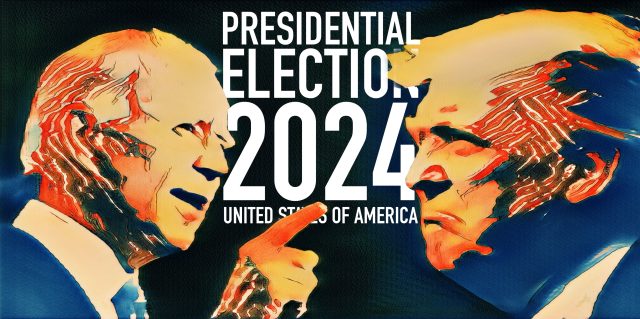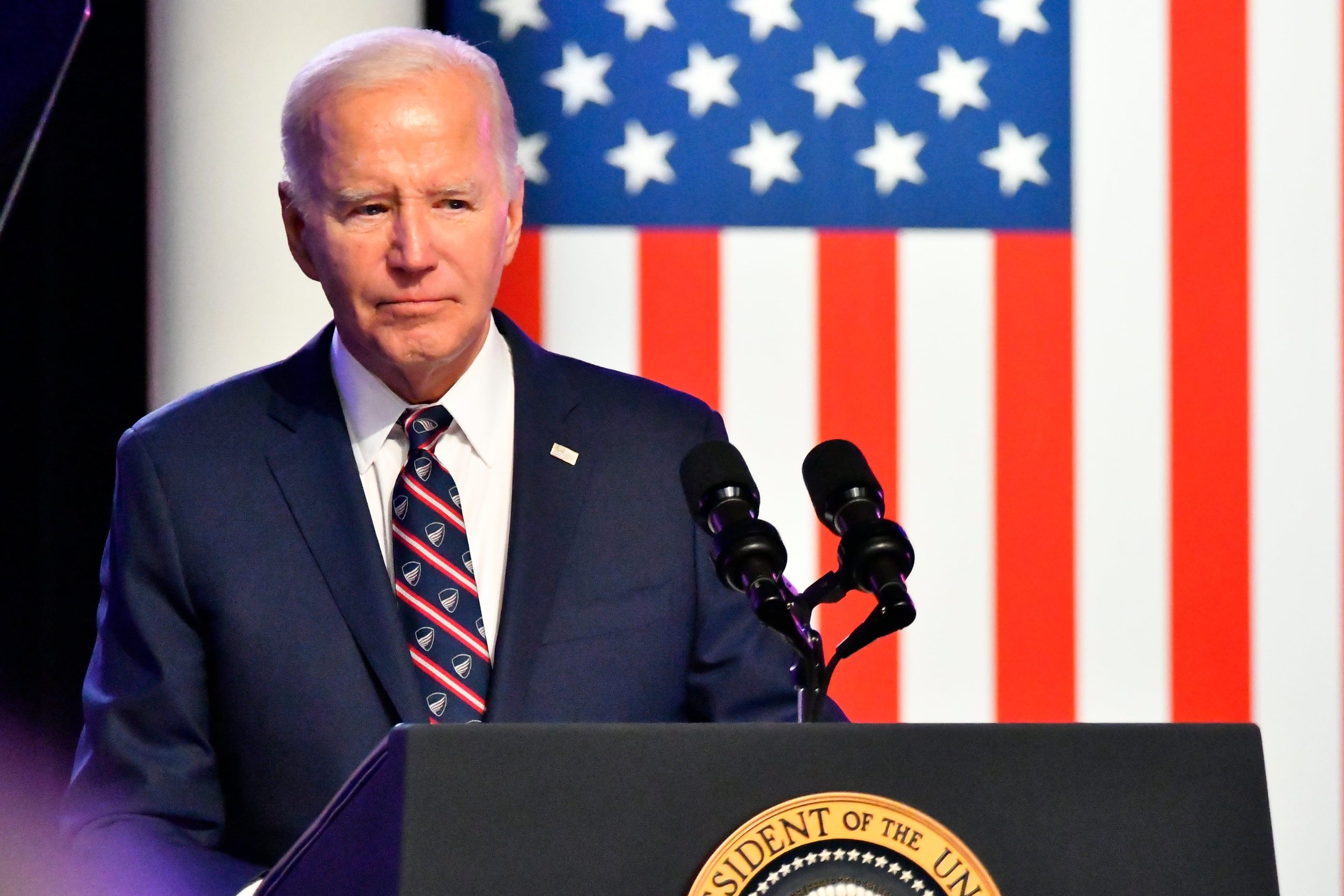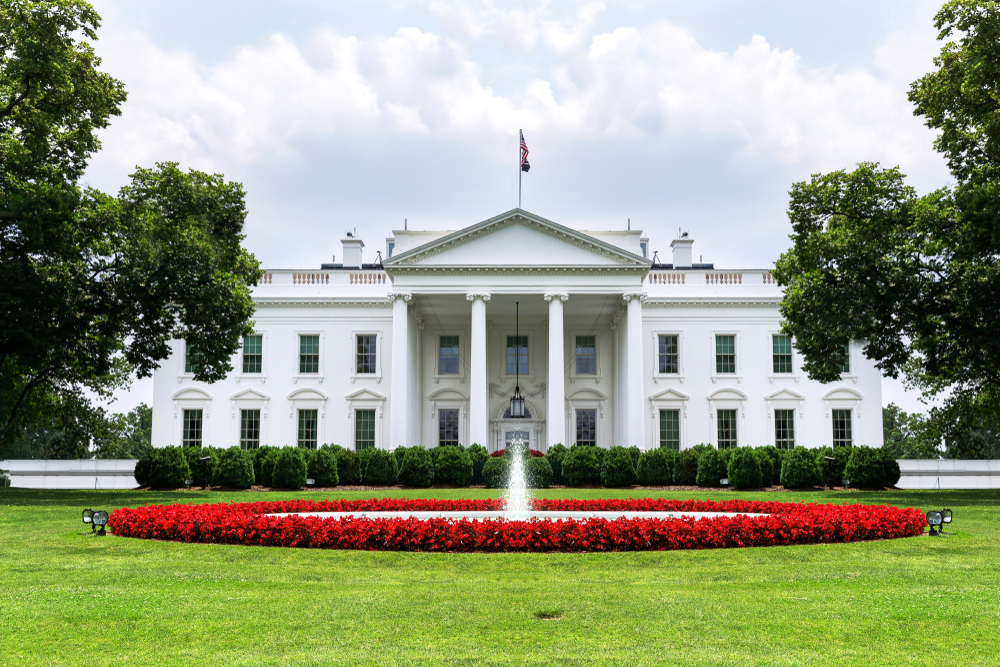
Toward the 2024 US elections
The engines are warming up given the next American elections to compete for the coveted role of President of the United States. One of the most polarized electoral clashes on a global level, given that traditionally one finds oneself choosing between the candidate of the Democrats and that of the Republicans, with residual results for the other American parties such as the Libertarians and the Greens.
The 2020 elections ended with the disputed victory – on the Trumpian side – of Joe Biden (D) who prevailed over outgoing President Donald Trump (D) with 51.31%, winning 306 voters from 26 states. The victories in the so-called “swing states” were decisive, i.e. the states where the Republicans won in 2016 and the Democrats in 2020.
However, in many cases the victories were minimal: in Arizona Biden won with just 10,000 votes (0.3%), in Georgia with 12,000 (0.3%), in Wisconsin with 20,000 (0.6%). The 37 Great Electors of these three States, if reconfirmed by Trump, would have led to a substantial draw, demonstrating in any case how America is deeply divided as could be clearly seen from the assault on Capitol Hill on 6 January 2021.
 There are many concerns about the upcoming elections in both parties. Starting from the Democrats, the natural candidate is obviously the outgoing president Joe Biden, who however suffers from two serious negative elements: on the one hand his lack of popularity (at the moment the polls give the Republicans the advantage in the popular vote on a national scale) in almost all cases) and, on the other hand, his advanced age, since he will begin his second mandate at 82 years old.
There are many concerns about the upcoming elections in both parties. Starting from the Democrats, the natural candidate is obviously the outgoing president Joe Biden, who however suffers from two serious negative elements: on the one hand his lack of popularity (at the moment the polls give the Republicans the advantage in the popular vote on a national scale) in almost all cases) and, on the other hand, his advanced age, since he will begin his second mandate at 82 years old.
The other candidates in the Democratic primaries are Dean Phillips (MP from Minnesota) and Marianne Williamson, a socially committed writer. Names that are not big names and that will not worry Biden in any way, who will instead have to deal with Robert F. Kennedy Jr., a seventy-year-old lawyer from the well-known Kennedy family who has withdrawn from the race for the Democratic nomination but fears the possibility of running as independent. In this case, it is likely that many votes coming from the East Coast, where the Kennedys are historically rooted, could weaken Biden and consequently the Democrats.
The situation among the Republican ranks is not very different even if Donald Trump recently emerged victorious in every poll and also received the support of Vivek Ramaswamy, an entrepreneur who withdrew from the race after the disappointing results in Iowa, and Ron DeSantis, governor of Florida who appeared to be the most formidable of opponents. But the rift between the former president and the Republican Party is quite evident: Trump was not invited to any primary debate, he is considered almost an outsider, and above all some states consider him ineligible, he is accused of both his role in the assault on Capitol Hill, for possession of confidential and classified documents as well as forgery of corporate documents.
To date, therefore, the further soul of the Republican Party is represented in the primaries by Nikki Haley, former American ambassador to the UN and governor of South Carolina and exponent of the neoconservatives, known for a greater propensity towards economic liberalism and a more active role of the United States in the international scenario.
However, in all polls, and so far also in primary polls, Trump is widely seen as winning. Indeed, the outcome was clear in both Iowa and New Hampshire, where Trump won with more than 51% of the vote. However, the fact remains that the internal party apparatus continues not convincingly to promote his candidacy, and a possible conviction could not allow electoral success against Biden.
In the polls, Biden is seen as a loser whether his challenger is Trump or whether Nikki Haley faces him. He would have had hope with Ron DeSantis. No chance, however, for Kamala Harris that she would be more than 7 points behind Trump. These polls, however, always concern the popular vote, which is an important index but not the only element to consider.
 In the individual states Arizona, Georgia, Pennsylvania, and Wisconsin are considered “too close to call”, that is, with a difference lower than the margin of error by which the presidency will be contested there, given that it is a package of 56 electors. Other swing states are Michigan, Nevada (won by Biden), and North Carolina (won by Trump) and, although Democrats have a slight advantage in voter projection, Republicans appear ahead in several states.
In the individual states Arizona, Georgia, Pennsylvania, and Wisconsin are considered “too close to call”, that is, with a difference lower than the margin of error by which the presidency will be contested there, given that it is a package of 56 electors. Other swing states are Michigan, Nevada (won by Biden), and North Carolina (won by Trump) and, although Democrats have a slight advantage in voter projection, Republicans appear ahead in several states.
The electoral campaign will certainly be decisive and to date the possibilities of a “rematch” in the clash between Biden and Trump are very high. There will be certainty only after the conventions of the two parties have been held: in Milwaukee (Wisconsin) for the Republicans from 15 to 18 July; in Chicago (Ill.) for the Democrats from August 19 to 22.



 Subscribe
Subscribe